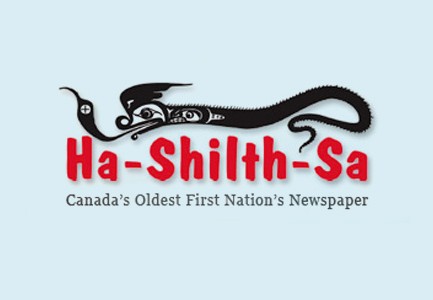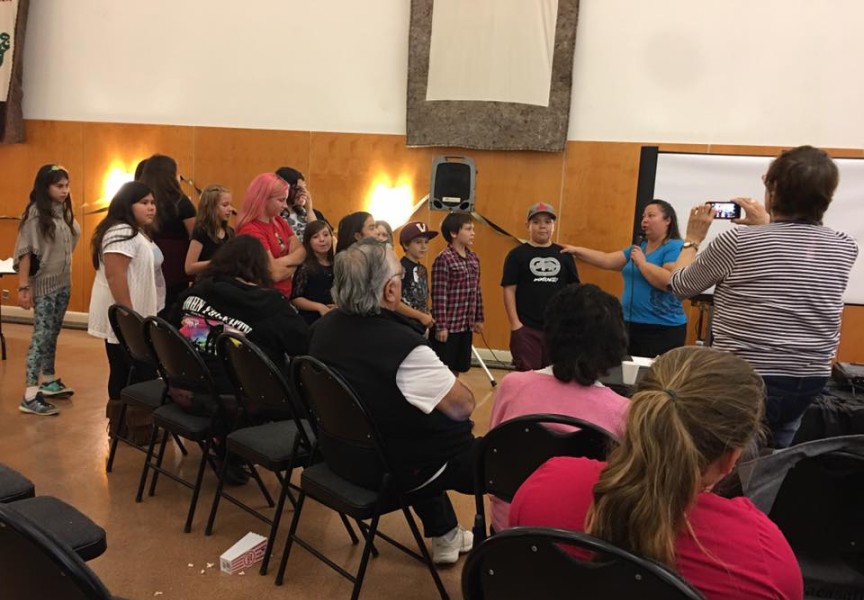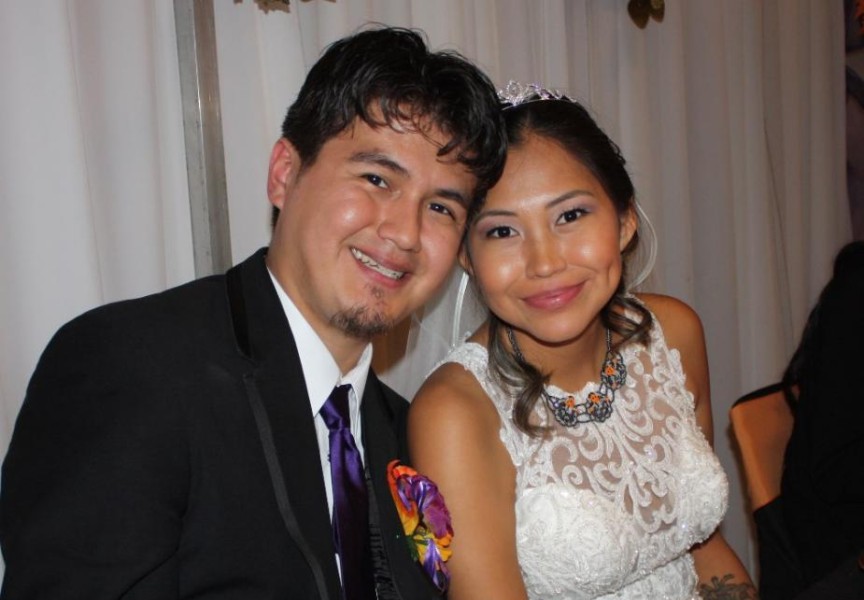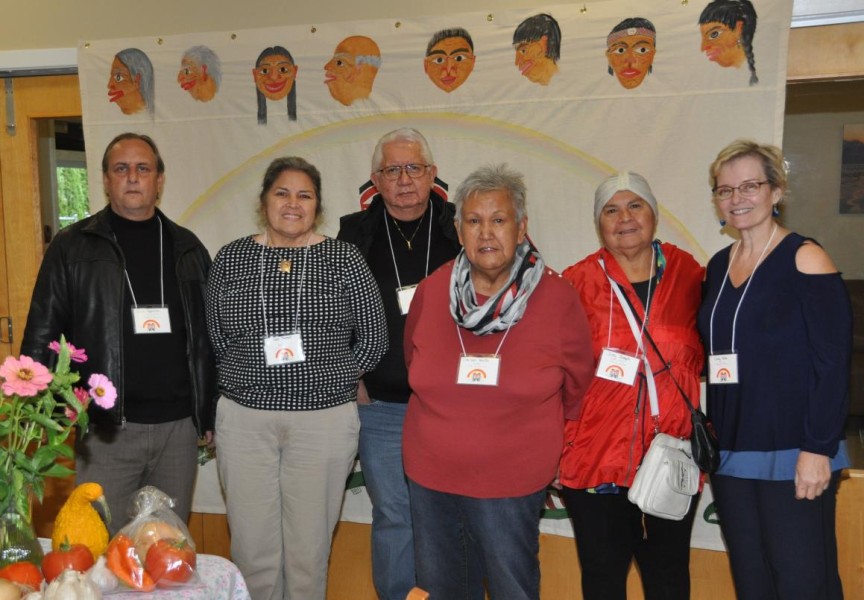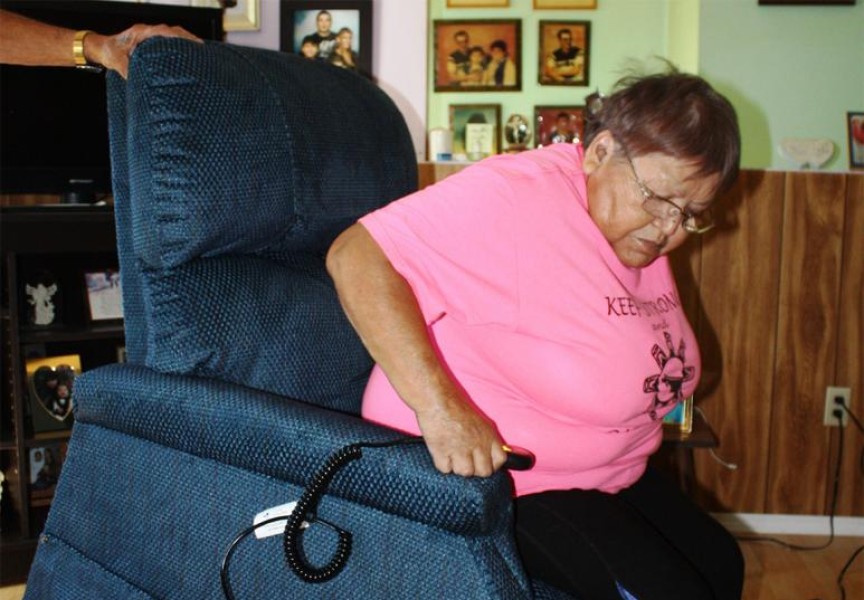Nuu-chah-nulth Nations have been busy preparing for their day in court February 26 to stop the 2015 commercial roe herring fisheries on the West Coast of Vancouver Island.
Their full submission to the Federal Court topped out at 541 pages with affidavits and reference documents. A 34-page legal argument (attached at very bottom of this page) made up part of the submission.
The Nations making the application are the five Nuu-chah-nulth Nations that won a judgment in 2009 declaring they have an aboriginal right to fish any species of fish in their territories and to sell that fish into the commercial marketplace. Because of on-going conservation concerns for WCVI herring, the Nations have chosen not to fish herring commercially in 2015.
The five Nations are the Ahousaht, Ehattesaht, Hesquiaht, Mowachaht/Muchalaht and Tla-o-qui-aht First Nations. All Nuu-chah-nulth Ha’wiih and 14 Nations support the closure of the commercial herring fisheries in 2015.
The Nations are seeking an injunction in 2015, because there has been “no material change” in the circumstances leading to the court injunction won in 2014 when Minister of Fisheries and Oceans Canada Gail Shea ignored the recommendations of her own staff and opened the WCVI to a commercial roe herring fishery.
Specifically, the Nations argue that the stocks remain weak, the Nations’ ongoing conservation concerns remain unaddressed, the stock assessment and management regime on the WCVI remains questionable, DFO made no apparent progress on an initiative to rebuild the stocks, and the Nations’ Aboriginal rights remain unaccommodated.
The argument states “There is a serious question to be tried as to whether the re-opening of the WCVI to a regular commercial roe herring fishery without accommodating the Nations’ established Aboriginal Rights and in the face of their conservation concerns is a breach of Canada’s duties to the Nations.”
“DFO’s decision to re-open the WCVI roe fishery in light of the uncertainty around the stocks, in the absence of a rebuilding strategy, and without a review and update to its management approach, raises conservation concerns for the Nations and puts the implementation of their established Aboriginal Rights at risk,” reads the argument.
And further, the Nations argue that the WCVI opening is unnecessary. The proposed coast-wide commercial roe harvest for 2015 is almost double what was proposed last year and more than double what it has been anytime in the last decade, so even with a closure on the WCVI it “will still be the biggest harvest in more than ten years” with abundant stocks in the Strait of Georgia or Prince Rupert.
Joshua Charleson, a concerned Hesquiaht member and fisher, has started an on-line petition in support of protecting B.C. herring stocks.
“By signing this petition you are showing your full support to keep the commercial roe herring fisheries closed on the west coast of Vancouver Island, B.C.’s Central Coast, and Haida Gwaii in 2015 to allow herring stocks in these areas to rebuild,” reads the online petition document seen here: http://www.thepetitionsite.com/213/704/755/protect-bc-herring-petition/?taf_id=13388958&cid=fb_na
“Pacific herring is one of the most important food fish in the ocean, and is depended upon for food by Chinook and Coho salmon, Pacific cod, lingcod, halibut, sea lions and seals.”
Related stories:
http://www.hashilthsa.com/news/2015-02-03/nuu-chah-nulth-will-meet-them-courts-and-water-if-required

